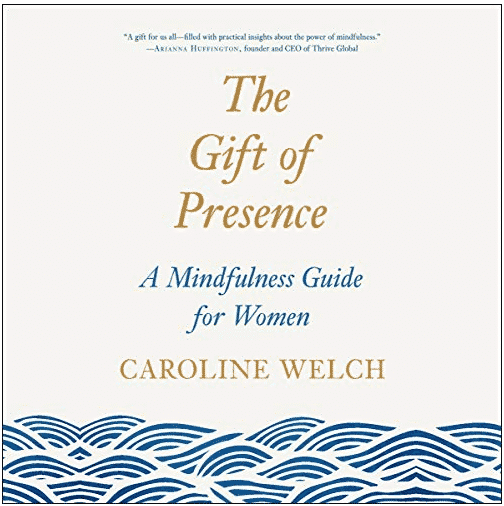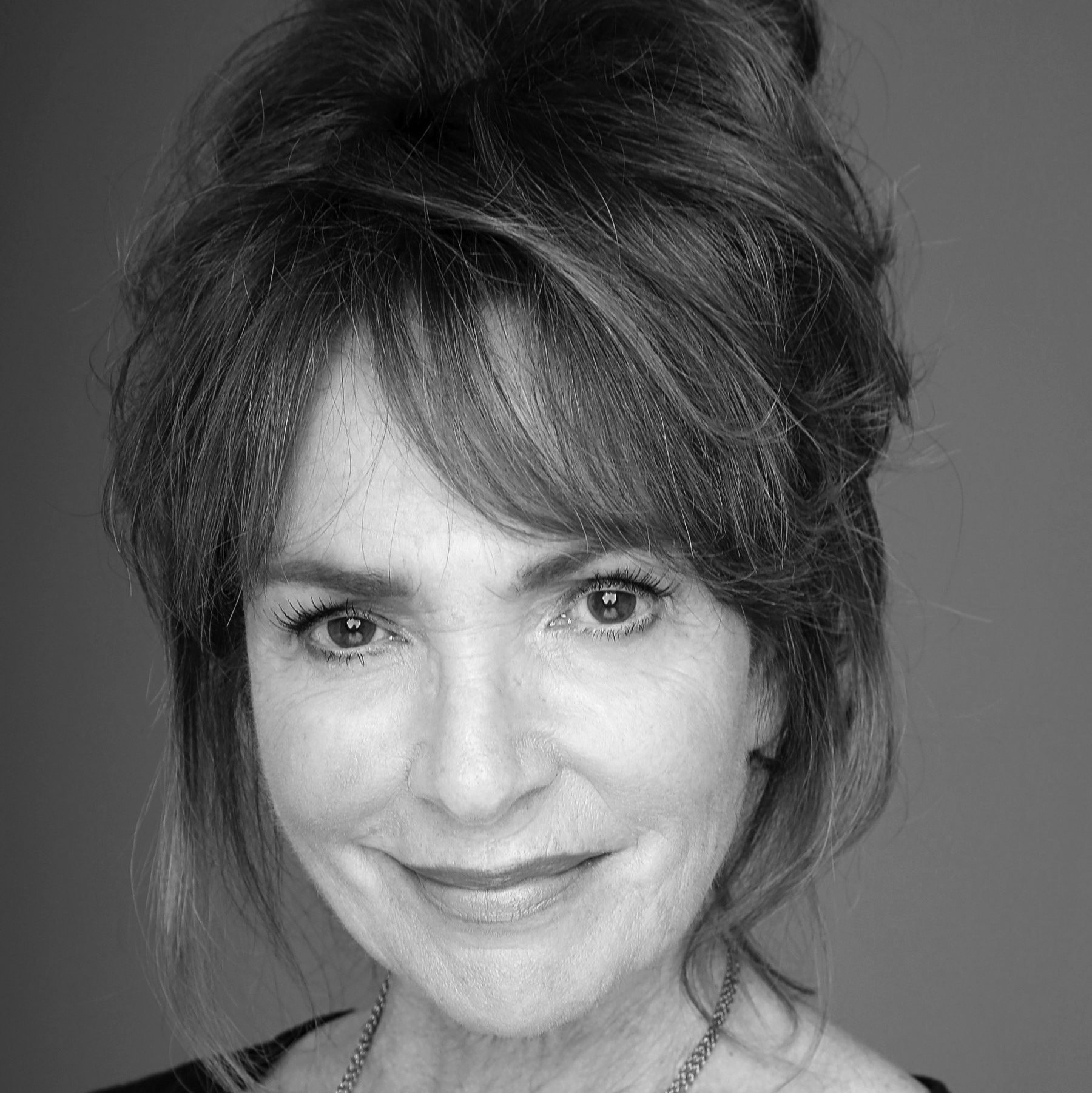
Like many type A’s forced into the slow lane by the coronavirus, I’ve continued to find ways to cram my days with online and home projects. Stopping to think made me sink. Mindfulness was becoming “mine-fieldness.”
Reading Caroline Welch’s “The Gift of Presence: A Mindfulness Guide for Women” (Penguin Random House) during this quarantine has transformed my fear-fueled speed into a more contemplative and aware retreat from the monkey mind.
The author, CEO and co-founder of the Mindsight Institute in Santa Monica, has aggregated the most accessible wisdoms of thought leaders in brain health and meditation and targeted them to women who habitually want to be it all.
From her extensive research Welch provides scientific evidence that women maintain far higher stress levels than men and take more responsibility internally. Females juggle more purposes per pound of flesh than males and must discern who they are (mother, homemaker, wife, cook, office worker, daughter).
Welch advises that we are a “fruit salad” of separate purposes, rather than a pureed “juice.” Trying to be a blend of all roles at the same time is ill advised, she wirtes.
Taking time to become newly present between meaningful phases—whether in the shower, or allowing yourself to truly see a sunbeam, or hear raindrops — regains you the grace essential for balance, she instructs.
Since finishing her book, I’ve found myself breathing deeply when on hold in a state of gratitude, which is a gateway to the mindfulness I’ll need when some lovely tech support person gives me complex information. With these small steps I’m building the capacity for longer periods of meditation when my need grows even greater.
If you’ve never mastered a formal sitting meditation practice, yoga or tai chi, if you’ve given low priority to developing inner peace, Welch advises that you make every moment a portal for “presence,” for being in the moment. She suggests starting with three-breath “mini-meditations,” gazing at a nearby object. These buffers between overreacting and simply responding from calm “without interpretation,” can gradually extend mindfulness of the thing itself into every waking moment. With that calm, we can dismantle our mental constructs and our negativity bias from a peaceful remove.
Welch offers helpful acronyms like FOMO (fear of missing out), and MOON (missing out on now), to help discern what our mind is experiencing. She guides us to give ourselves credit for WWW (what went well) in gaining the ability to observe what we are doing with our minds on purpose. Just recalling what the letters stand for slows me to a healthier pace.
And when you have the presence of mind and time to sit, Welch recommends trying these three simple approaches: focused attention on an object; or open monitoring—a flexible awareness of phenomena around you, including your own thoughts; and lovingkindness meditation—extending compassion to others, which comes most naturally at this time of crisis. And she advises us to extend self-compassion most frequently to ourselves.
Although researched and published just before our stay-at-home orders commenced, “The Gift of Presence: A Mindfulness Guide for Women,” could not have been released at a better time. Our current circumstances make these lessons more valuable and will provide an essential resource for all the healthier eras to come.























 More news and opinions than at a Shabbat dinner, right in your inbox.
More news and opinions than at a Shabbat dinner, right in your inbox.